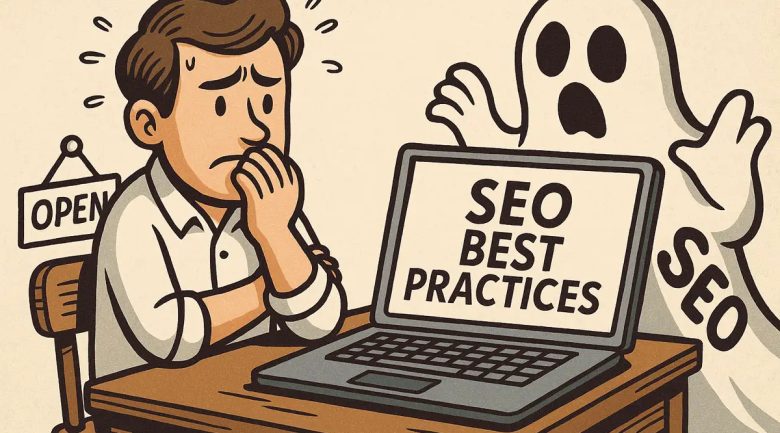For many small businesses, the use of artificial intelligence technology isn’t a threat, but a tool that’s fostering innovation, driving efficiency, and enabling personalised experiences for customers. The shift towards AI-powered solutions is helping small businesses compete on a larger scale, automate processes, and make more informed decisions—without losing their unique human touch.
In this article, we’ll explore how AI is shaping the future of small businesses across three key sectors—health, retail, and e-commerce—and examine the practical ways these tools can support growth, efficiency, and sustainability in each industry.
Health and medical: Optimising patient scheduling and care with AI
GoDaddy research shares annual changes for customers who use GoDaddy for e-commerce in revenue, orders, and sellers by industry. It found that in the fourth quarter of 2024, the health and medical industry, such as pharmacies and physiotherapists, had the highest total of online orders in the UK.
In the health and medical industry, small clinics often face challenges in managing patient appointments, wait times, and overall care quality. AI-driven scheduling tools can be leveraged to improve patient flow and optimise appointment slots by analysing patient histories, predicting appointment durations and dynamically adjusting the schedule to reduce wait times and improve patient satisfaction.
Moreover, AI-powered tools help physicians by scanning medical records, giving valuable insights and treatment plans, and improving diagnostics.
AI doesn’t replace the doctor-patient relationship, it enhances it by allowing physicians to focus more on delivering care while the AI handles repetitive administrative tasks. This can free up time for doctors to engage more meaningfully with patients, ultimately improving the quality of care.
Retail: Streamlining inventory management
For smaller retailers, managing inventory can often be a logistical nightmare. But with AI-powered inventory management systems, boutiques can take a giant leap forward. Through AI-based predictive analytics, retailers can now forecast demand based on patterns of customer behaviour and trends. This means they can evaluate opportunities in efforts to avoid overstocking, understocking, or missing out on popular items.
AI tools could also assist with automatic reordering when stock is low and provide real-time insights into which products are selling well, and which are not. This reduces the guesswork involved in procurement and helps to ensure they’re stocked with the right products at the right time, driving increased sales and customer satisfaction.
By using AI in these ways, retailers can focus on providing personalised shopping experiences, expanding their brand presence, and evaluating growth opportunities.
E-commerce: Enhancing customer support
Providing exceptional customer service is critical in an industry where competition is fierce. With AI-powered chatbots and virtual assistants, e-commerce businesses can enhance their customer service capabilities.
AI-powered systems can handle routine customer inquiries such as order status, product specifications, and shipping details, allowing human customer support agents to focus on resolving more complex issues. By using natural language processing (NLP), these bots communicate with customers in a conversational way, ensuring a seamless experience even during off-hours.
Furthermore, AI can assist in recommending complementary products based on browsing and purchase history, which not only increases average order value but also provides a more personalised shopping experience. With the help of AI, these businesses can deliver fast, reliable customer support while growing in a crowded digital marketplace. More unique insights on developing e-commerce trends can be found in GoDaddy’s Venture Forward annual report.
AI has proven to be a powerful tool in the hands of small business owners. By automating repetitive tasks, predicting trends, personalising customer experiences and streamlining operations, AI helps small businesses remain competitive, innovative and agile in a constantly evolving market.
While AI may seem like a disruptive force, it has become an invaluable partner for small businesses—transforming operations, improving efficiency and enhancing customer satisfaction. As AI continues to evolve, the opportunities for small businesses to grow and thrive will only increase.




